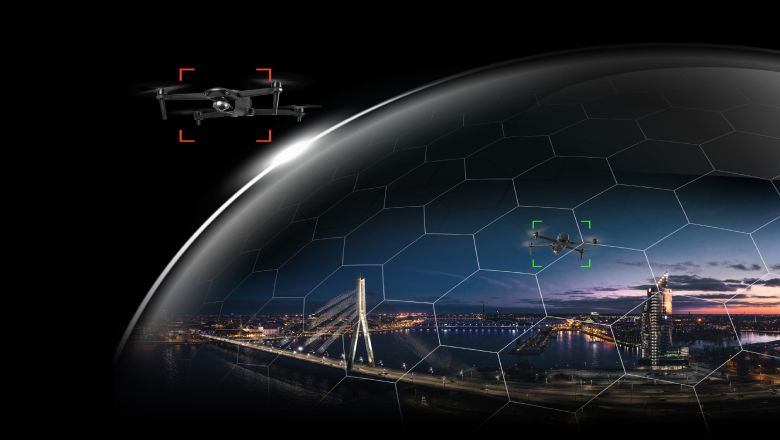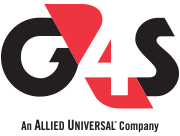
G4S Latvia partners
with Latvia State Police on drone detection

Latvia has a burgeoning community of drone enthusiasts with around 6,000 registered pilots, an increase of more than 60 percent since 2021. However there are many more who are unlicensed.
The Civil Aviation Agency, which regulates the use of drones in the country in line with wider European rules, says around only half of the pilots registered have a qualification in flying an unmanned aircraft.
“We face a real challenge in Latvia with drones due to the risks in crowded areas and to critical national infrastructure with an increasing number of drones being produced and sold every year,” said Aleksandrs Šnevels, Head of Technology for G4S in Latvia. “This is a persistent and escalating threat to public safety. However, the public wants to have the freedom to be able to use and enjoy drones, so a balance needs to be found.”
The State Police of Latvia wanted to find a security partner and a drone detection solution that would help it balance the freedom of the public to enjoy flying unmanned aerial vehicles, while protecting the public and busy events such as festivals, concerts and other gatherings.
G4S was chosen by the force to put in place a mobile drone detection system and to provide training for officers using the technology. The company has entered into a partnership in EMEA with Dedrone, the market leader in smart airspace security, and will offer Dedrone’s command and control drone detection, tracking and identification product suite to its customers in more than 50 countries. Latvia’s State police force will be the first customer to benefit.
No-fly zones
Under the country’s laws, it is illegal to fly a drone over a military installation and drones must fly at least 8kms away from the airports, 3 kms from heliports and they must be a least 1km away from residential areas. There are also restrictions on how high a drone may fly.
”What we need is a flexible system which can detect any drone that can be deployed in different situations to provide an essential layer of security,” said Aleksandrs. “Drones have advanced significantly over the past few years and can pose a serious threat - either malicious or inadvertent - when someone is not properly qualified to fly one.”
Dedrone technology provides continuous, autonomous interrogation and verification of drones, allowing users to detect, track, identify, analyse and mitigate threats posed by drones.
Mobile drone detection systems
G4S won a tender to provide the State Police in Latvia with six mobile drone detection systems across Riga, to track how many devices are flying across the capital city and monitor activity close to key buildings used by the police, councils and government.
"This detection equipment is a significant addition to the State Police's ability to effectively control the traffic of unmanned aircraft. The first tests with the Dedrone equipment have proven that it's of a high quality and is good value for money; it will undoubtedly improve our ability to strengthen Latvia’s internal national security,” said Māris Vitkovskis, Latvia State Police representative with responsibility for unmanned aircraft systems and air navigation.
“These devices make it possible to determine the height, route and, most importantly, the location of a drone’s remote pilot, which is essential for detecting any potential law-breaking. We will use the equipment to ensure public safety, including during public events, in order to prevent violations, including those that may threaten the safety of the public."
G4S will also pilot the use of Dedrone systems to monitor and analyse the threat drones pose across Riga. State and municipal organizations will be able to use this service to protect facilities and other sensitive buildings or areas on a subscription basis.
